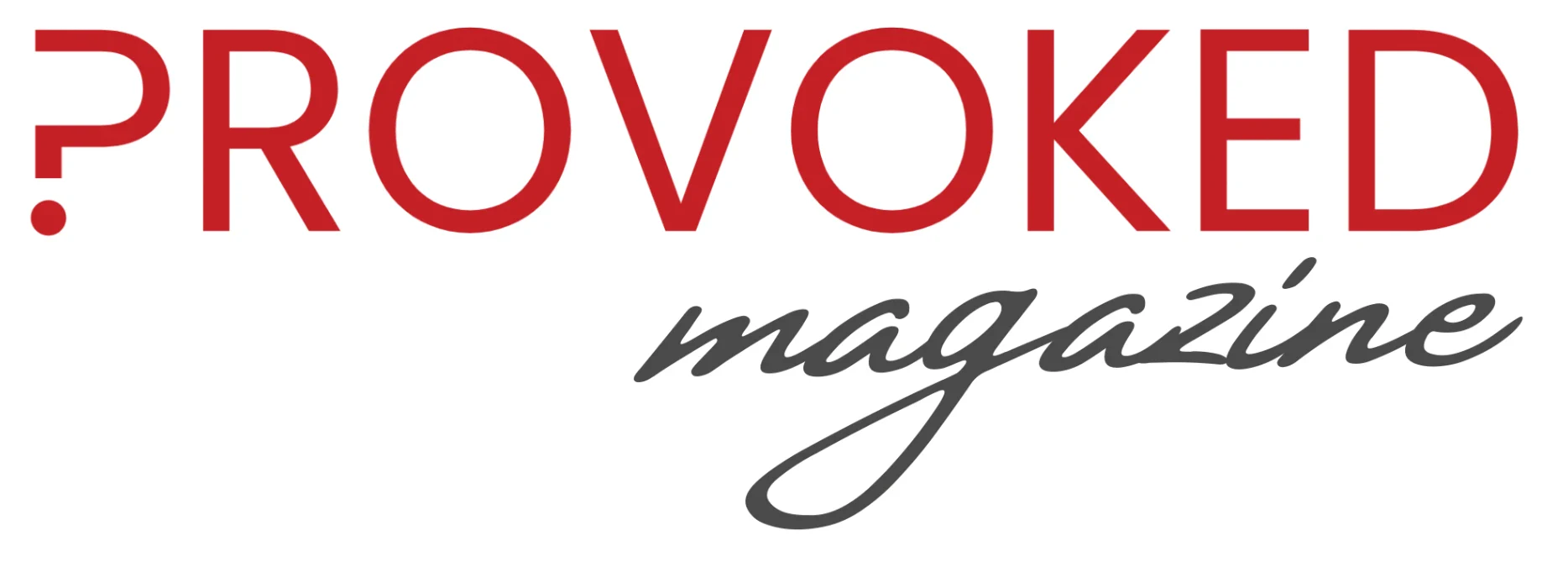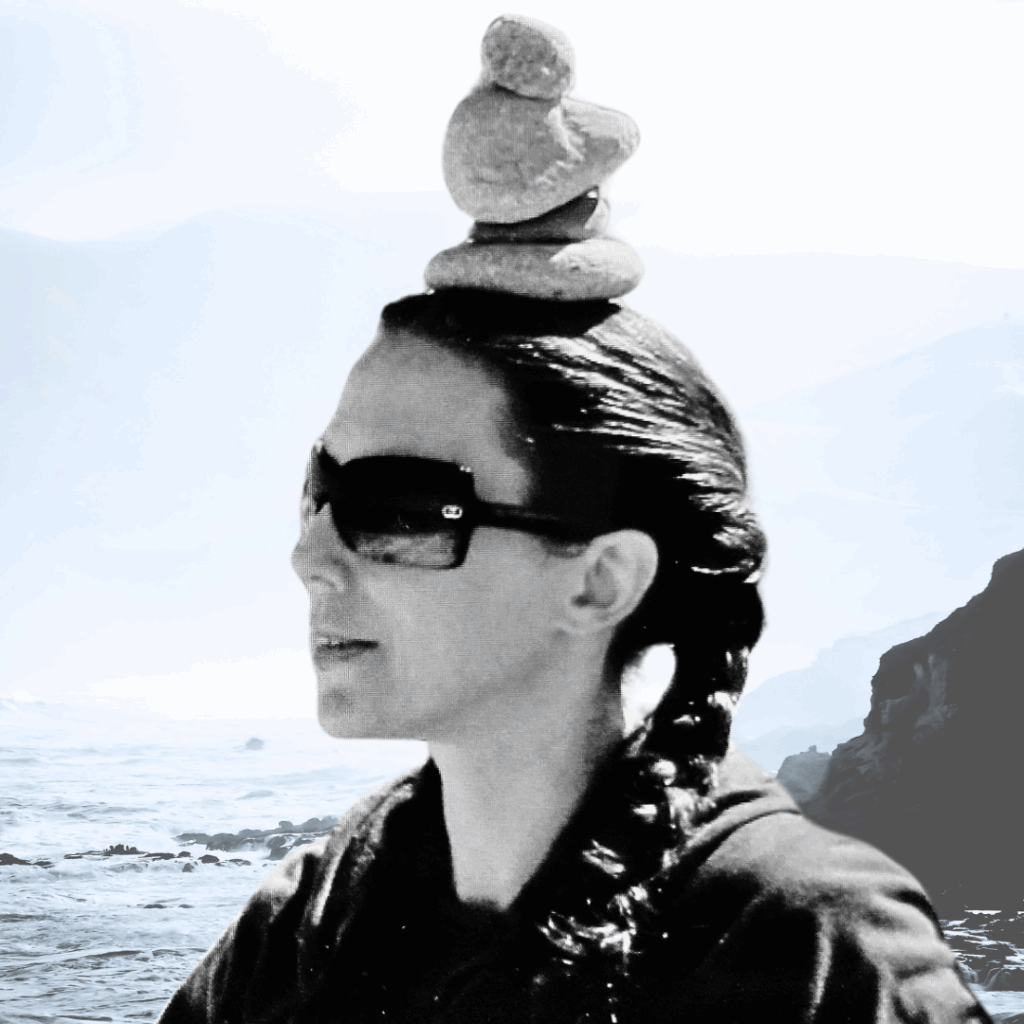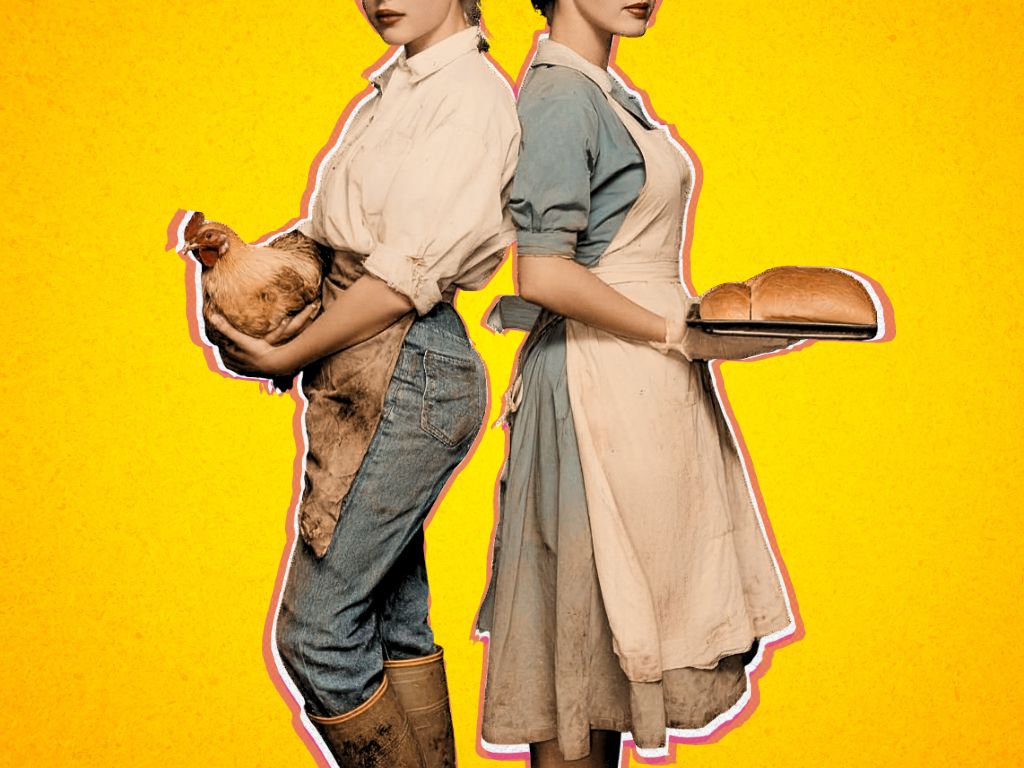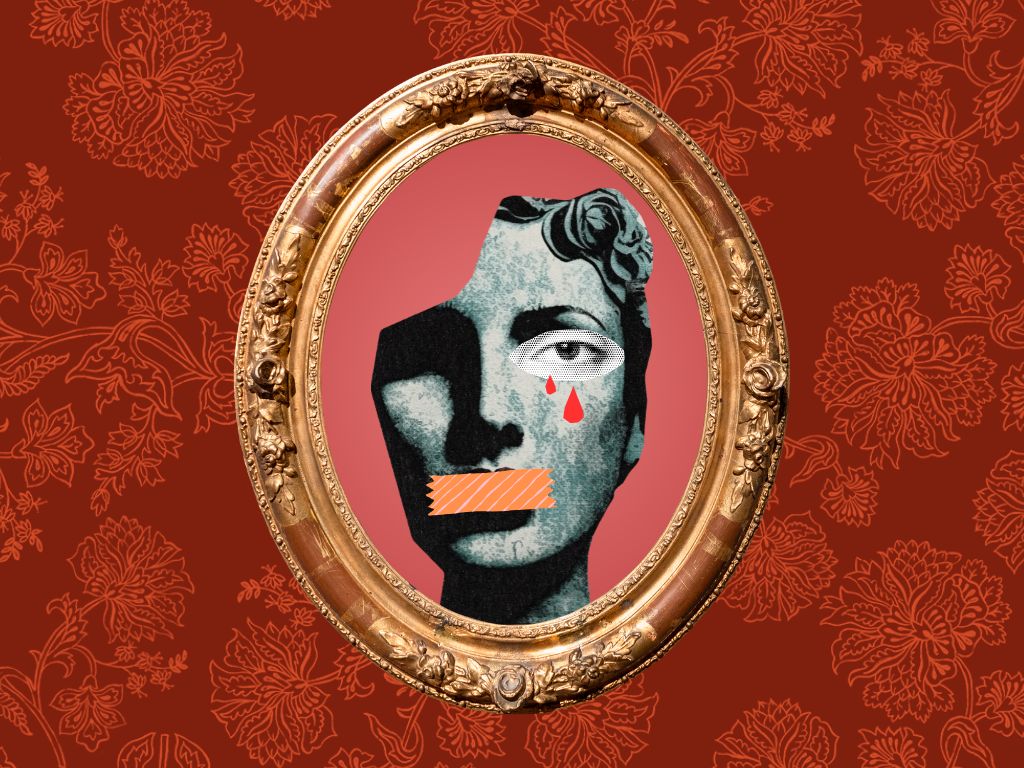
When a deep connection derails, do you walk—or try again? One woman shares the raw truth of finding her way back.
I fell for Martine not at first sight, but at first sound.
Her accent? Parisian. Her laugh? Rumbly.
Waiting for a seminar to start, I eavesdropped shamelessly as the woman behind me told her seatmate she was a journalist and also a poet (ahem, like me). I couldn’t resist turning around to join the conversation. Just as the workshop leader entered the room, I scribbled down my email and passed it to the intriguing stranger.
That was the beginning of a beautiful friendship.
Three months later, it was over.
It’s not like Martine did me wrong—she didn’t plagiarize my work or try to seduce my husband. But one afternoon, over coffee at my place, we dipped into politics, and that struck at the core of my values. The more she defended her position, the more it felt like getting punched in the gut. In that instant, I went from adoring her to abhorring her.
After circling verbally for a while, she left. That’s when I realized I was crying.
Why are Midlife Female Friendships So Friggin’ Fraught?
True, Martine and I really didn’t know each other well, but if you think long-term friendships are immune to such clashes, think again. My cousin Reba recently fell out with an old college pal over something as silly as where to eat lunch after a museum outing. “She got on a commuter train hungry, and I went home to leftovers,” Reba told me. “We haven’t communicated since—and I’m not sure what to do about it.”
“Platonic relationships can be as deep as romantic ones, but our culture doesn’t give them the same value,” Julie Flakstad, founder and host of The Midlife Truth Project, pointed out to me. “So while we have ample tools for handling romantic problems, we’re at a loss when a friendship fractures.”
This is especially crappy in middle age, when family and careers can be in flux, making friendships more important than ever. But ironically, at midlife, we’ve earned a certain intolerance to putting up with people. As Reba admitted about her sorority sister, “She was always fussy, and that day I’d simply had enough of her whining.”
An inconsequential spat over restaurant preferences may soon be forgiven and forgotten; that’s not so easy when it comes to core ideological differences. “As we age, we become more discerning; we want quality over quantity,” Flakstad said. “We choose to surround ourselves with those we can be our authentic selves with.”
Not long after the incident, Martine texted: “I was saddened to be rejected so strongly for my opinion. I was really hoping I had made a new friend on solid, healthy ground.”
Yeah, b*tch, me too, I told myself.
Then, after a kind yet curt text reply, I started telling others. Part of me wanted to grab my best friend, Paula, who happens to be the leader of the workshop where Martine and I first met, and go, “Omigod, that Frenchwoman…” but I squashed that gossipy impulse. Instead, I vented to three far-flung friends I figured would never meet Martine. All were supportive yet failed to comfort me. Perhaps because I was seeking a hollow sort of validation. Like, how could I care for someone who didn’t share my belief system? Right? Right?
Weighing the Weirdness
Any wonder I was a mess over Martine? On one hand, there were all the things I enjoyed about her—her lively intelligence, her candor when regaling me with tales of her misspent youth (some that mirrored mine), her cool casual style of scuffed boots and lipstick deemed “too dark” for women our age. Plus, I’m a sucker for talent, and Martine had it in droves. On the other hand, I truly felt betrayed by her beliefs. How dare she not think and feel the way I do!
So why did I find myself missing Martine? I realized her initial allure was based on fantasy, this exotic creature that I imagined her to be. Inevitably infatuation is a balloon bound to pop. Then I recalled some details she’d shared about her traumatic childhood—the reality that shaped this complicated human being—and pondered the possibility of accepting Martine for the quirky, gifted, vulnerable woman she was. All relationships involve give and take. Could I maintain the strength of my convictions and also have this interesting person in my life?
The Friendship Fix
There are various ways to initiate relationship repair: an articulate snail-mail letter or maybe a concise exploratory text. An idea Flakstad likes is to forward something that made you think of the friend—a meme, an article, even a cartoon.
When it’s time to talk through tough stuff, Flakstad suggested taking a walk together. The constant eye contact of sitting across from someone can be uncomfortable; strolling shoulder to shoulder, preferably in a natural, neutral setting, can ease tension.
When you get to the crux of the matter, frame everything with love, like, “I really care about our friendship, but I’m struggling with (insert the issue here) and I hope we can figure out how to navigate this because you mean so much to me.”
All good advice, but as it turned out, I didn’t do any of those things. At the screening of a film featuring local creatives, I paused in the foyer of the auditorium to grab a coffee and scan for a seat—and guess who came in right behind me?
“Martine!”
My immediate instinct was to hug her, and I did. Fortunately I didn’t have a hot beverage in my hand. We sat together, whispering comments during the movie, and today we’re … yes, we’re friends. She is who she is—all that she is.
We go to events, hit estate sales, turn each other on to books and stream-worthy TV. We talk, just not about everything. What’s nice about avoiding our sticking point is that our hang-ups don’t devolve into the misery-fests my conversations with like-minded people often do.
I think of “it” not as the elephant in the room but as a sleeping grizzly bear. Should it wake up growling one day? I’m prepared to take that chance.







10 Responses
This really resonated with me. I had a friend for a number of years. We attended get-togethers at each others homes and others. I started noticing she was drinking more, and her actions became less professional and/or friendly. At one party at our home, she came on to a friend’s spouse – NOT ACCEPTABLE. Once noticed by her boyfriend, he took her home. Everyone deserves a second chance. Several months later, while at our pool, she was very flirtatious with the (married) men and kept tugging at her too tight; too low two piece swimsuit. Again her boyfriend took her home. Several friends spoke to me about the incidents and their discomfort. I invited her to have A drink in a neutral setting (a local bar) and shared my observations and concerns. She stated emphatically over her second drink that she had no problem, wasn’t willing to talk farther or seek counsel so I left and we have not communicated since. Sometimes I think about the shopping excursions we used to enjoy and the gals’ times I miss; however, I know I made the right decision.
That’s such a hard kind of loss — not just of the friendship, but of the version of her you once knew. You handled it with compassion and courage: you spoke to her directly, gave her the chance to hear you, and set a boundary when she couldn’t or wouldn’t.
It’s natural to miss the good memories while still knowing you couldn’t keep pretending nothing was wrong. That mix of regret and relief is something a lot of us will recognize.
Thank you for sharing it so candidly. These are exactly the kinds of choices and conversations we need to talk about more openly.—susan
Sometimes the decision of whether to restore a friendship becomes clear. I had a friend whose children I picked up from school and drove to my house until she got out of work to pick them up. I gave them snacks and they played in my daughter’s room for a few hours each day. One day she asked me to go to a religious gathering with her. I went and decided it was not for me. When I told her that, she said, “then we can’t be friends” and walked away. Clearly that was a case of not trying again to be friends.
Colleen, That must have stung, especially after all the care and time you’d given to her kids. It’s such a jolt when a friendship we’ve invested in suddenly reveals a line we didn’t even know existed.
I think you’re right — sometimes the decision really is made for you.
It’s painful, but also freeing. Not every loss needs to be repaired, and knowing that can save a lot of heartache.—susan
Hey, Jan, thank you for sharing. Just wanted to say that I was once dumped by a friend for bailing on her one too many times—my reason was my truth, but that was the last straw for her. I knew after she hung up on me I wouldn’t hear from her again. Yet decades later, out of the blue, she called. I was thrilled, and over the years we rebuilt our relationship, and now I can’t imagine life without her. We both have our issues, but we accept each other, give each other the benefit of the doubt and move on quickly when we piss each other off. I hope that happens someday with your friend. Truly!
Oh, I love that you shared this. It’s such a reminder that even friendships that feel dead-ended can circle back when both people are ready. It takes humility on both sides to rebuild, but it sounds like you and your friend found a way to let go of the old score-keeping and start fresh.—susan
What a terrific essay! It resonates in so many ways.
Hi Debby, so glad this resonated with you. I bet plenty of us have experienced this moment in a friendship or are sitting at this intersection right now. Thank you for being here. —susan
Provoked.
I lost my best friend, my counsel, my laughter….and she, me.
We had a philosophical difference in how she was taking care of herself. I saw cause and effect as she hid her self-care from her professional providers calling them incompetent.
She admits I was “right” but “it” provoked self-doubt in her and such stress that she cut me off “to heal herself”.
She never had initiated anything in our relationship and I told her that I need that balance. She needs to reach out when she’s ready. I don’t believe she ever will. Then asked “if…”, her response is “later”.
I miss my gal-pal…how can I get our friendship back on track? Or, is it over?
Jan, Thank you for sharing this—it’s such a raw and familiar ache. Sometimes friendship breakups hurt worse than romantic ones because they’re built on years of trust and laughter. You’ve already been honest about your needs, and that honesty is a form of care too. If she can’t meet you there right now, that’s her work to do. Missing her is real—but so is honoring your own boundaries. Whether she circles back or not, you’ve shown up with love and clarity, and that counts.—susan